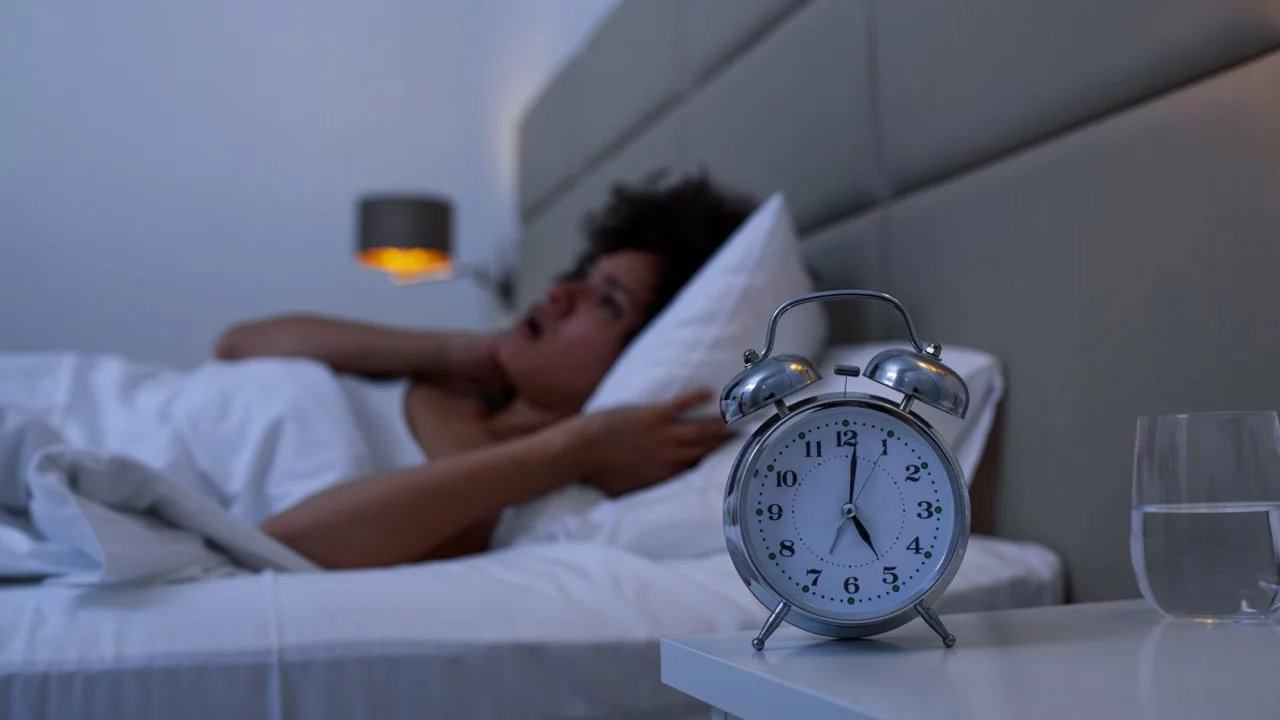Caffeine: How It Works, Safe Limits, and Drug Interactions
Want more energy from your coffee without wrecking your sleep or clashing with your meds? Caffeine is the world’s most used stimulant. It wakes you up, sharpens attention, and can boost short-term exercise. But it can also cause jitteriness, trouble sleeping, and unexpected drug interactions. Read on for clear, practical rules you can use every day.
Quick facts and benefits
Caffeine blocks adenosine receptors in the brain, which reduces tiredness and improves focus for a few hours. Athletes use it to improve performance, and medicines often combine caffeine with painkillers to help headaches. A typical 8-ounce (240 ml) brewed coffee has about 95 mg of caffeine; a shot of espresso is roughly 60–75 mg. Tea, soda, energy drinks, and some supplements add more sources to track.
How much is safe?
For most healthy adults, up to 400 mg a day is considered safe — roughly four regular cups of coffee. If you’re pregnant, limit caffeine to about 200 mg daily. Teens should aim for much less, ideally under 100 mg. Sensitive people may feel effects at far lower doses. Timing matters: avoid caffeine within 6 hours of bedtime to protect sleep quality.
Energy drinks can hide a lot of caffeine plus sugar and other stimulants. Read labels instead of guessing. Also remember caffeine from pills and supplements adds up fast.
Medications and special cases
Caffeine is mainly broken down by the liver enzyme CYP1A2. Drugs that block this enzyme can raise your caffeine levels and strengthen side effects. Examples include some antibiotics (like ciprofloxacin) and certain antidepressants (for example, fluvoxamine). Oral contraceptives can slow caffeine clearance, so women on the pill may feel caffeine longer. Smoking speeds up caffeine breakdown, so quitting can make your usual dose feel stronger.
If you take heart medications, stimulants, or certain psychiatric drugs, check for interactions. Caffeine can raise heart rate and blood pressure; combining it with other stimulants or some heart meds can be risky. For pregnancy, breastfeeding, children, or people with heart problems, talk to your doctor or pharmacist before changing caffeine habits.
Withdrawal is real but manageable: expect headache, tiredness, and mood changes if you cut caffeine rapidly. Slow reduction over a week eases symptoms. To reduce intake, try smaller servings, switch to half-caf blends, or replace one cup a day with water or herbal tea.
Practical tips: track all sources, read labels, avoid late-day caffeine, and check drug interaction tools or ask your pharmacist if you’re on prescription meds. Small changes — like cutting one energy drink or switching to tea in the afternoon — can improve sleep and lower anxiety without losing daytime focus.
Have specific meds you’re worried about? Use RXConnected’s interaction checker or bring your list to your pharmacist for a quick, reliable check.
Insomnia and Diet: The Impact of Caffeine on Sleep Quality

Alright folks, guess what I've been pondering over these days? The link between your coffee habit and those sheep you've been counting at night. The verdict? Caffeine absolutely does a number on your sleep quality! It's like inviting a rock band to perform in your brain when you're trying to snooze. So, if you're having a love affair with your espresso machine, it might be time to consider a break-up if you want to get some good winks in!
